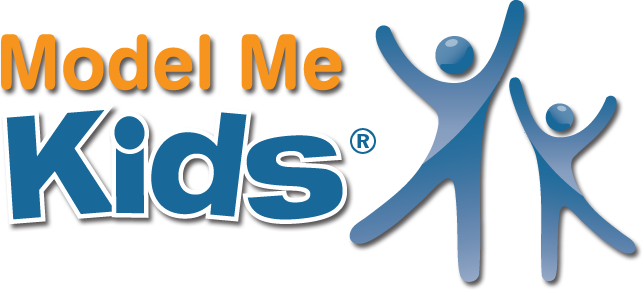
Model Me Success at School™
School Social Skills
Model Me Success at School™ presents key social skills for developing confidence in an educational environment.
Middle School, High School
Run Time: Approx. 95 Minutes
Model Me Success at School™
Topics
Arrival
Greeting
Enter Classroom
Changes
Shift Attention
Reciprocal Conversation
Join Conversation
Participate
Ask Questions
Listen to the Teacher
Lunchtime
Make Plans
Disappointment
Raise My Hand
Flexibility
Empathy
Told No

About
Teaching social skills to children with autism is a vital aspect of preparing them for success in a school environment. Recognizing the unique social challenges faced by these children, educators and caregivers must employ targeted strategies to foster social competence.
Structured social skills training programs tailored to the individual needs of each child form the cornerstone of effective intervention. These programs often utilize visual supports, role-playing, and explicit instruction to break down complex social behaviors into manageable components. Emphasizing the teaching of basic skills such as making eye contact, initiating conversations, and understanding social cues is crucial.
Incorporating video modeling stories into the curriculum helps children with autism comprehend and navigate social situations. These stories provide a framework for understanding appropriate social behavior, enabling children to generalize these skills to real-life scenarios.
The Power of Peers
Peer modeling and peer-mediated interventions contribute significantly to social skill development. Pairing children with autism with neurotypical peers for collaborative activities fosters positive social interactions and provides valuable opportunities for observational learning.
Creating a structured and predictable learning environment with clear expectations helps reduce anxiety for children with autism. Visual schedules, social scripts, and consistent routines offer a sense of security, facilitating smoother transitions between activities and minimizing potential stressors.
Regular communication between educators and parents is crucial in maintaining a cohesive approach to social skill development. Collaborative efforts that involve both home and school environments contribute to a holistic and supportive foundation, preparing children with autism to navigate the social complexities of the school environment with confidence and success.
